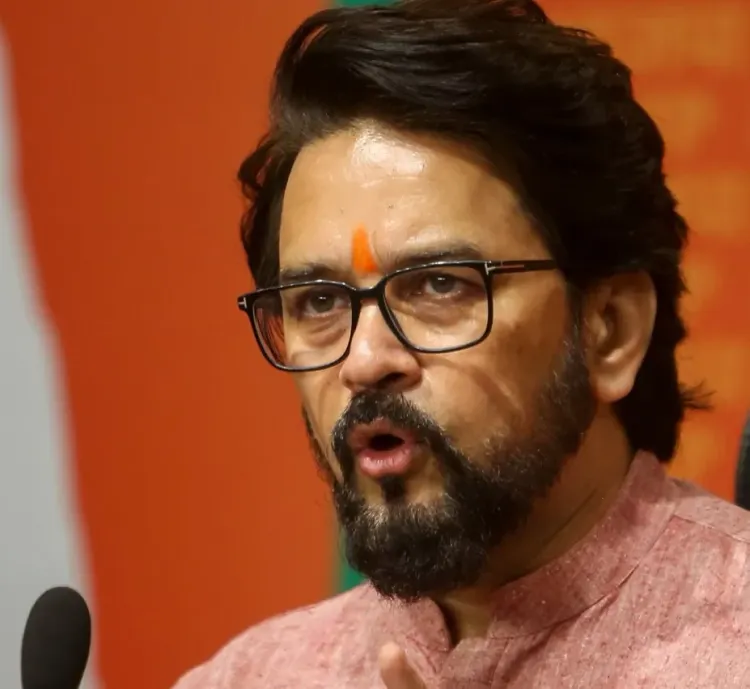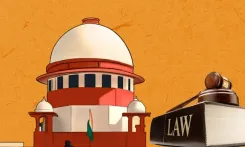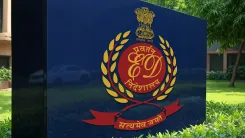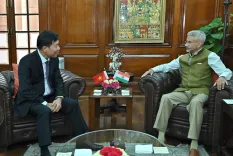Is the Emergency a Dark Chapter? Anurag Thakur Critiques Congress and Lalu Prasad Yadav

Synopsis
Key Takeaways
- Anurag Thakur links the current political climate in Bihar to the historical Emergency.
- The Congress and RJD are criticized for their governance records.
- Thakur emphasizes the importance of fundamental rights and press freedom.
- The upcoming elections are seen as a chance for accountability.
- The NDA campaign is using historical context to strengthen their narrative.
Patna, June 25 (NationPress) Former Union Minister Anurag Thakur delivered a scathing critique of the Congress party and RJD chief Lalu Prasad Yadav during his visit to Motihari, referencing the Emergency declared in 1975 to garner support ahead of the Bihar Assembly Elections 2025.
Speaking to reporters in Motihari, the administrative center of East Champaran, Thakur stated, “Just as a fish flounders out of water, the Congress party is flailing without power. It will face defeat again when it loses the forthcoming elections alongside the RJD in Bihar.”
Thakur reminisced about the Emergency imposed by former Prime Minister Indira Gandhi on June 25, 1975, labeling it a “dark chapter” in the annals of India’s democracy.
He underscored how citizens were stripped of their fundamental rights and press liberties during the 21-month ordeal, which concluded in March 1977.
Thakur took a pointed jab at Lalu Prasad Yadav, asserting: “Yadav was born from the Emergency movement, yet today he is a mere caricature in Bihar. He has chosen to ally with the Congress while displaying B.R. Ambedkar’s portrait at his feet.”
He remarked that Yadav’s legacy of 'jungle raj' remains vivid in the memories of Bihar’s populace, and voters are prepared to give him another lesson in the upcoming elections.
These statements align with the NDA’s ongoing campaign to observe June 25 as a 'Black Day', marking the suspension of democracy during the Emergency.
As the assembly elections approach, BJP leaders are amplifying their outreach in Bihar, utilizing historical context to critique the Congress-RJD alliance and bolster their governance narrative.
Previously, Bihar Chief Minister Nitish Kumar condemned the Congress party regarding the Emergency declaration of 1975, highlighting it as a dark chapter for both the Constitution and the nation.





